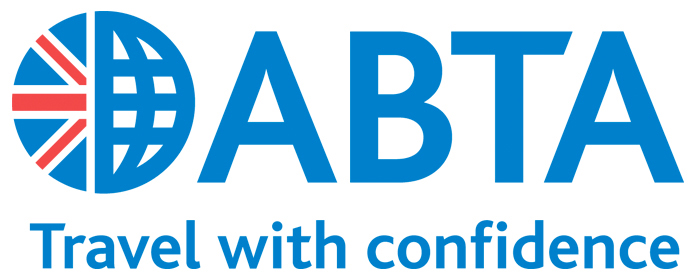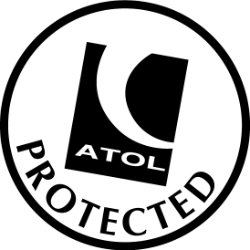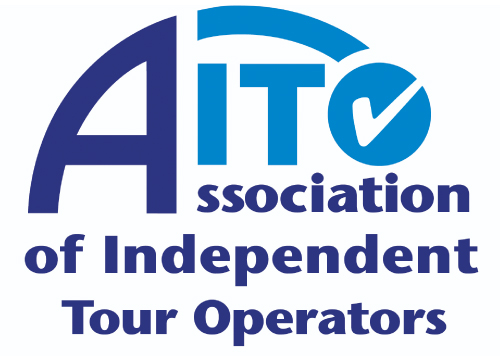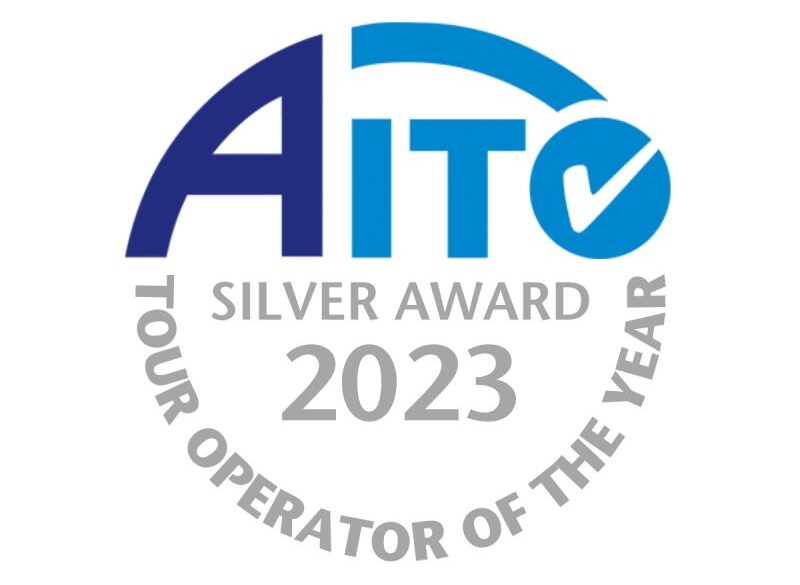Currency
The Icelandic Krona has little or no value outside the country and hence very few banks outside of Iceland carry it or exchange it. Therefore it is not advisable to exchange or carry large amounts of Krona. All major currencies can be exchanged at the airport, banks and currency exchanges. The exchange rate will be much more favourable at a bank in Reykjavik. Visa and MasterCard are accepted almost anywhere, and ATMs are easy to find. Personally, I rarely use cash and instead use card (credit card) at most establishments including restaurants and shops. If you chose not to book activities or excursions in advance it is likely that you will need cash to pay for these.
You can check the exchange rate your credit card company will use before leaving home and many credit card companies will not charge a transaction fee. Remember to change any ISK back to your local currency before leaving Iceland unless planning a return visit.
Visas
Western Europeans and citizens of the USA, Canada, Australia, New Zealand, Hong Kong and Singapore do not require visas. Tourist stays are permitted for up to three months, and can be easily extended at local police stations. If you do not live in Western Europe or one of the countries mentioned above, then contact the Icelandic embassy or consulate in your country to make sure you have a valid visa before entering Iceland. If you do not have an Icelandic embassy or consulate, you can approach the Danish embassy or consulate.
Language
Icelandic is the native language spoken. It is the closest living language to Old Norse. It is not particularly east to pronounce but it’s worth having a go as your efforts will be greatly appreciated. However, you will not require it as the Icelanders english is excellent and almost, if not the entire population, will speak english.
Vaccinations & Health
Iceland is a very pure environment with minimal pollutants. No vaccinations are required to visit Iceland. The land, air and water will no doubt be very good for you!
Time Difference
Greenwich Meantime is observed all year round.
Insurance
We highly recommend taking out travel insurance whichever country you choose to visit. If you are planning to undertake any extreme sports please check that your policy covers this. Please visit our page on travel insurance for further information. It is a good idea to photocopy and scan all relevant documents – passport, travel insurance policy, etc – and leave one copy at home. Carry another copy with you separate from the originals and digital versions in your smartphone.
Driving License
Most national driving permits can be used in Iceland. If not in English, they must be written in latin letters. A photo driving license will be required. Please do check with us or the car hire company that your license will be valid to drive in Iceland.
Telephone & Wi-fi
Wi-fi will be available at nearly all hotels and many cafes, restaurants and bars. The signal may occasionally not be very good, particularly if you are in a remote area but it is usually fine. Cellular signal is pretty good throughout the country unless in really remote areas.
Electricity
Icelandic electrical standards are European (50Hz, 240 volts) so many North American electrical devices will require converts. Plugs are generally two-pin, so devices brought in from the UK and North America
Land, Customs & Culture
Iceland is very welcoming to visitors but it is important to respect their traditions and customs. It is a liberal country so you can wear whatever you would like to in public, within reason. Unless you are going out somewhere nice in Reykjavik, sensible ‘fit for purpose’ clothes are recommended and is what most Icelanders wear. The belief in mystical creatures such as trolls and elves is prevalent in Iceland and is part of their history and folkore. You should understand why when you have spent enough time there. Please do respect these beliefs and traditions to avoid causing offence. Despite what you may read, it is not legal to camp wherever you want in Iceland. Most land is privately owned so if you are considering camping ‘in the wild’ please always ask a landowner or ask at any houses/farms you may see. They will more than likely say yes and respect that you asked their permission. Iceland is such a beautiful land and the air and water are very pure. Please do ensure you do not drop any litter, you stick to tracks and paths where requested and do not uproot any vegetation such as the Icelandic moss which is likely to have been there for thousands of years. If any locals observe someone dropping litter or destroying any vegetation deliberately they’ll have your guts for garters!
Tipping
Most restaurants include a service charge. If no service charge is included a 10% tip for example, is highly appreciated but not expected. The same applies for tour guides. A tip is by no means expected as good companies pay their tour guides well for their services, but would be highly appreciated if you so feel inclined.
Crimes & Nuisance
We always recommend staying vigilant and looking after your personal belongings but having said that Iceland is known to be the country with the lowest crime rate in the world!
National Holidays
New Year and Christian holidays are observed in Iceland in addition to Independence Day (independence from Denmark in 1944) on 17th June and the first day of summer (the first day after 18th April). Most shops will be closed during these days but quite a few bars and restaurants will be open. It shouldn’t be much of an inconvenience as you will have a better time joining in with the festivities!
Weather
Contrary to belief the climate is quite moderate in Iceland. The average temperature in Reykjavík is around 1-2°C in wintertime and around 12°C in summer. The temperature in Reykjavík can drop down to -10°C in winter, or go up to +10°C and during summertime it can drop down to around 7°C and go up 25°C. The Icelanders have a saying which sums up the weather perfectly…. ‘if you don’t like the weather, wait 5 minutes and it will change’. During the spring I have experienced sunny periods, followed by snow, then dry and windy and later rain, all in one day so I would advise bringing suitable clothing and footwear. It can be very windy at times in Iceland so a windproof and waterproof jacket is a must. Bring plenty of layers, hats, gloves, sunglasses and suncream to accommodate the changes in weather.
Northern Lights
The Northern Lights or Aurora Borealis are one of the most beautiful spectacles to witness and on many people’s ‘must see’ list when visiting Iceland. They are also extremely elusive and unpredictable so it is best to plan a fantastic trip to Iceland and view the sighting of the Northern Lights as an added bonus as opposed to the sole or main reason for the trip. The best months to view them are from the end of September to March. There are many contributing factors to optimal viewing conditions but weather is a key one. Cold clear nights are essential.
Daylight Hours
The prolonged daylight hours in Iceland are from mid-May to mid- August whereby the sun only sets for around 3 hours per day and there is effectively light for the whole 24-hour period. In midwinter, there are around 5 hours of effective daylight. These long and short periods of daylight add drama to the atmosphere with lingering twilight.





